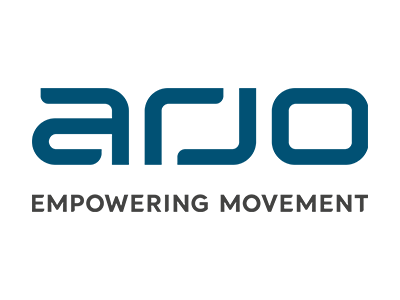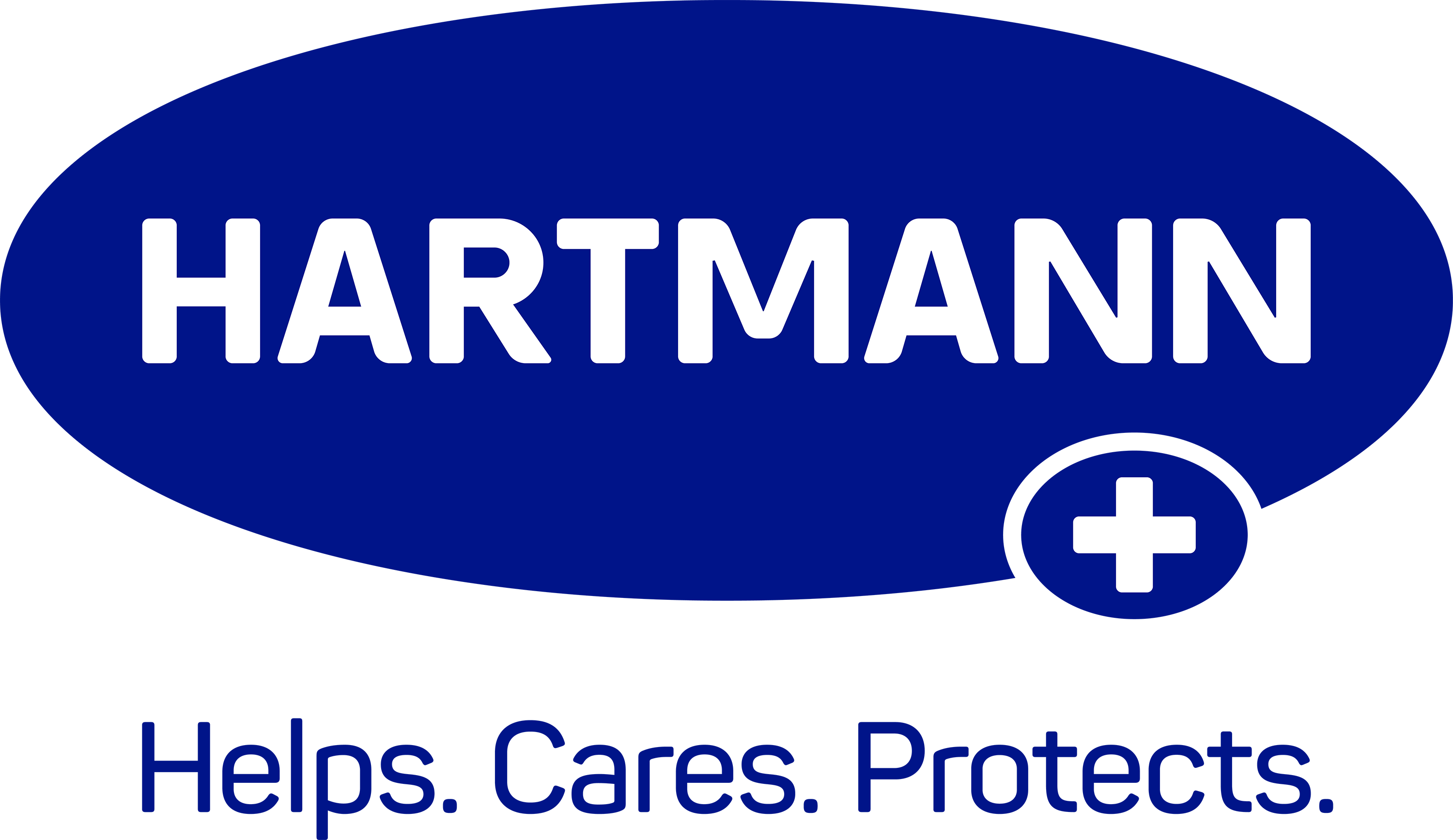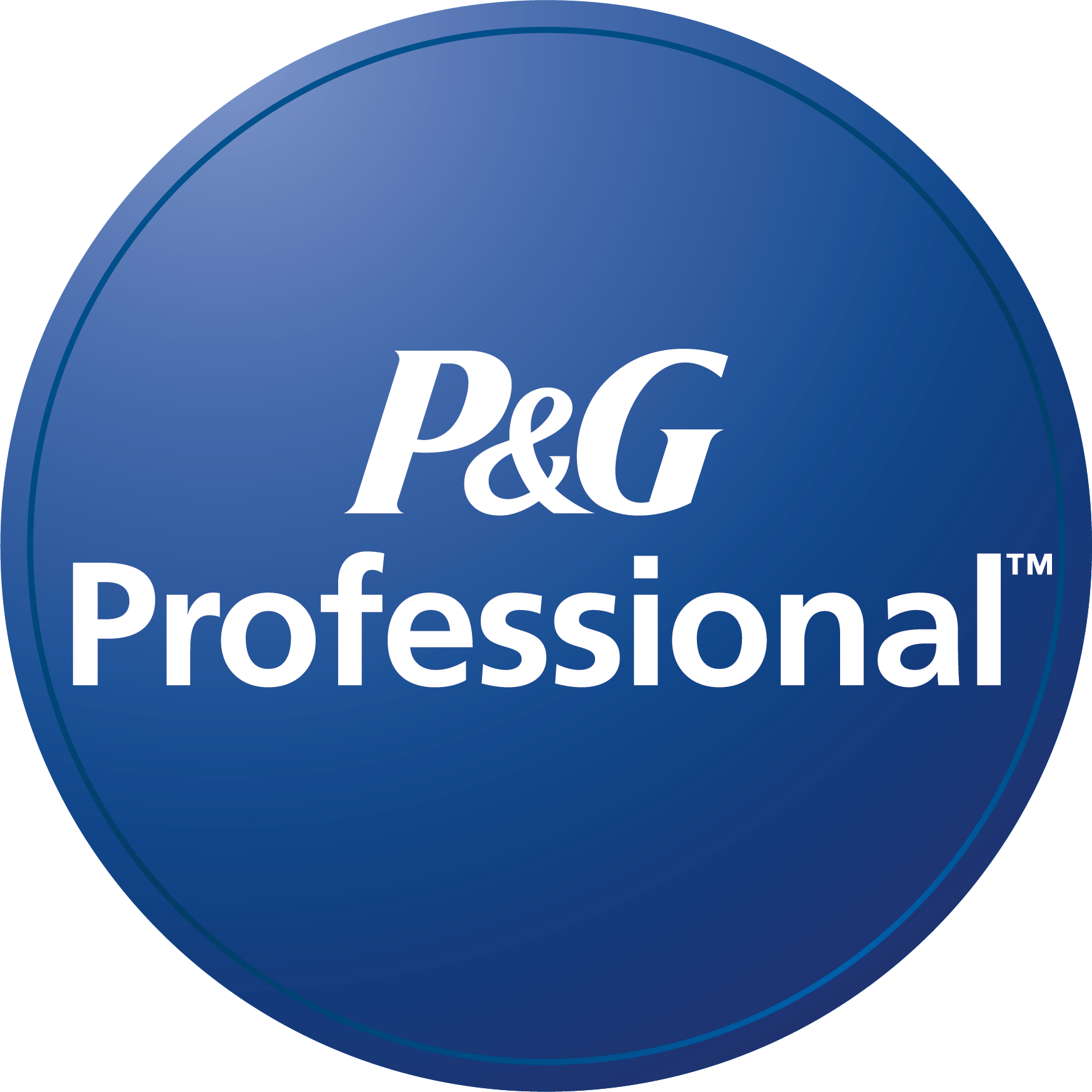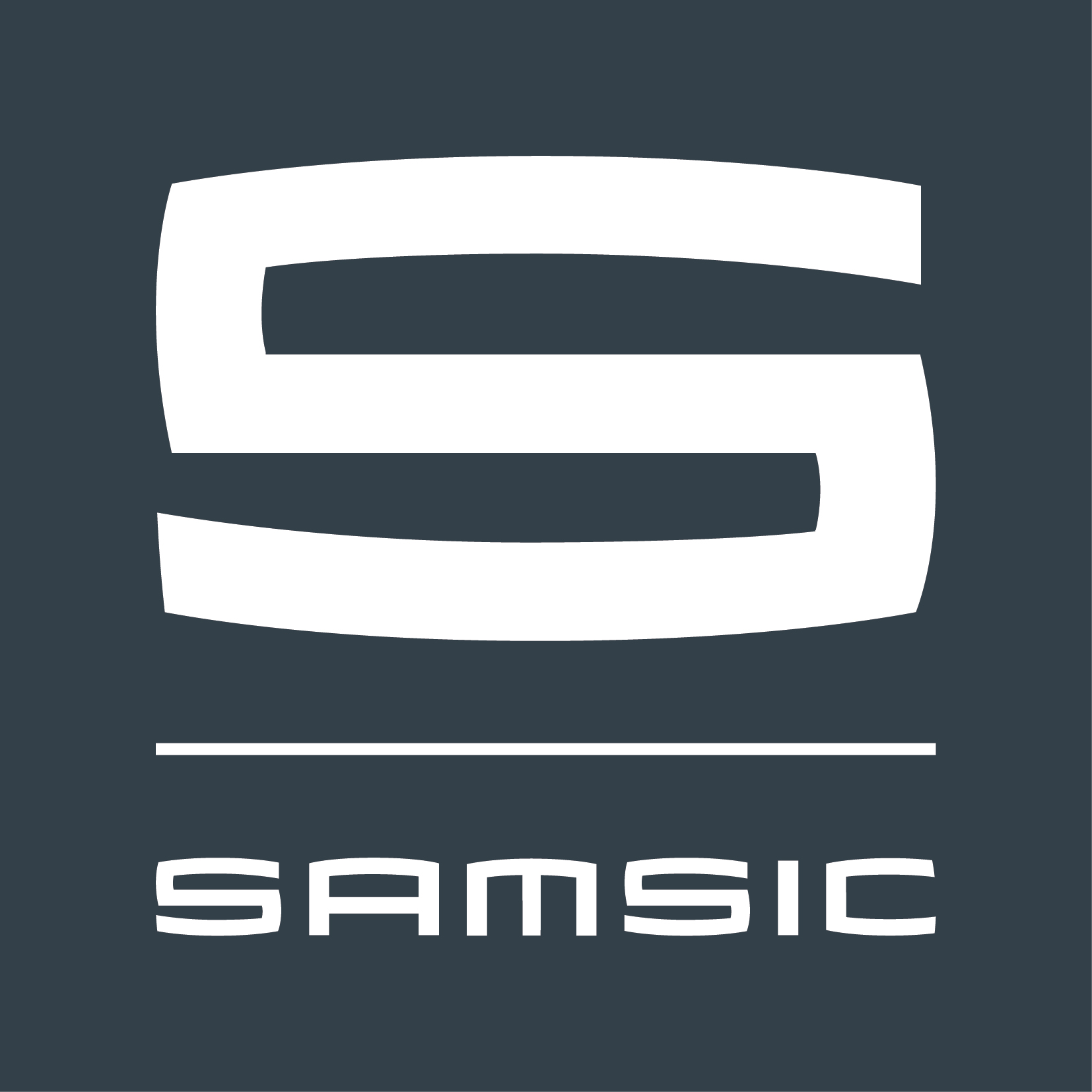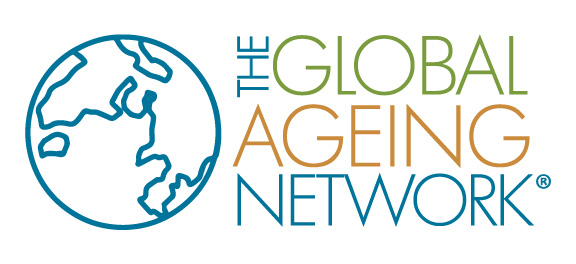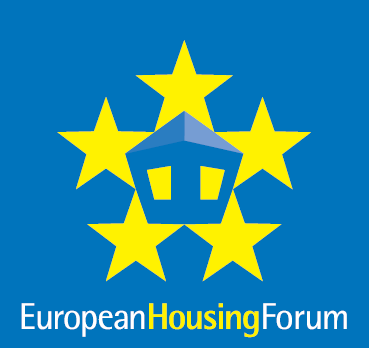EAN documents & publications & materials
Towards a framework for sustainable, equitable and responsible funding of elderly care in the European Union (1/2026) - NEW
EAN Position Paper: New technologies and AI
in European elderly care (10/2025)
Booklet of the EAN (09/2025)
Activity Summary Report 2024 (04/2025)
WHY TO BE A MEMBER of European Ageing Network (04/2025)
ENGLISH version FRENCH version CZECH version ITALIAN version SPANISH version GERMAN version DUTCH version
EAN position paper - Tackling the workforce problems; new ways will open new doors. (09/2024)
Accelerating the Digital Transition - a stepping stone for sustainable elderly care in Europe (05/2024)
EAN position paper - Boosting the digital transition of elderly care in Europe (05/2024)
Taboos and Prejudices in Long-term Care
Promoting well-nutrition in elderly care
ENGLISH version FRENCH version CZECH version SLOVENIAN version CROATIAN version GERMAN version SPANISH version
Long Term Care 2030 vision
ENGLISH version FRENCH version GERMAN version
GAN CALL to Governments 2023
EP 2024 Memorandum
COLLECTION OF PRESENTATIONS from EAN Workfoce summit (April 5th, 2022 in Malmö)
12 key statements - Covid-19 reflections
12 key statements - Covid 19 reflections
Lessons learnt - How to avoid a second Covid-19 disaster in social services
The devastating blow in residential care for elderly in Europe - J. Horecký
The devastating blow in residential care for elderly in Europe
The Value of Human life - J. Horecký
Position paper: COVID-19 and Social Services: what role for the EU?
COVID-19 and Social Services: what role for the EU?
EAN activity report 2020
EUIPO registration
EAN EP2019 Memorandum
Alzheimer Europe Memorandum of Understaning
AE Memorandum of Understanding 
Statutes of the EAN (after GA meeting, Matera, Oct 23, 2019)
The Association was founded in Luxembourg on April 6, 1989 and bears the name "European Association for Directors and Providers of Long-Term Care Services for the Elderly a.s.b.l.".
Due to the merger of E.D.E. and EAHSA, the title of the new entity shall be the European Ageing Network a.s.b.l. (EAN) referred to as "EAN".
Charter and code of professional conduct
Today‘s demographic changes pose massive socio-economic challenges for elderly care services in many European countries. New supranational eff orts and strategies are necessary for elderly and disabled care in the future, to improve the quality of life of the elderly and disabled. To enable the national associations represented by the E.D.E. to actively and proactively infl uence developments, the E.D.E. conveys among other things the following values and standards of conduct for directors:
European Charter of the rights and freedoms of older persons accommodated in homes (Maastricht, 1993)
Code of Professional Conduct (Ljubljana, 2005)

